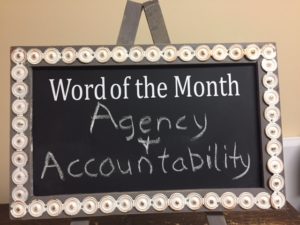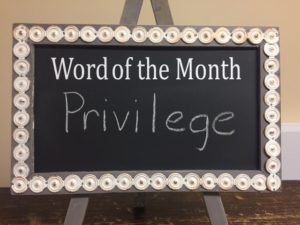In order to do what is right, there must be standards which we can choose to follow because we believe they are right.
I read a Facebook post with this quote from Timber Hawkeye’s “Faithfully Religionless” (FB told me a friend liked this – it was not on a Page I follow):
“I’m not against religion, I just don’t believe we need it in order to be ethical, especially since morality means doing what is right regardless of what you are told, and religion is about doing what you’re told regardless of what is right.”
My first thought was “How can you possibly know you are doing what is right?” In order to do what is right – or even to know what is right, moral, or ethical – there must be standards. One important role of religion through the ages has been to provide firm, set standards of right and wrong. The source of these standards is believed to be divine and always right – the source of absolute truth.
Rather than blindly doing what a religion says to do as the non-religious claim, the religious are actually making a conscious choice to be obedient to the standards of right and wrong that they believe have come from a divine source. They are really doing what is right, regardless of what the secular world is telling them. This is morality.
Continue reading →




